Small changes matter more than obsessing over zero waste perfection.
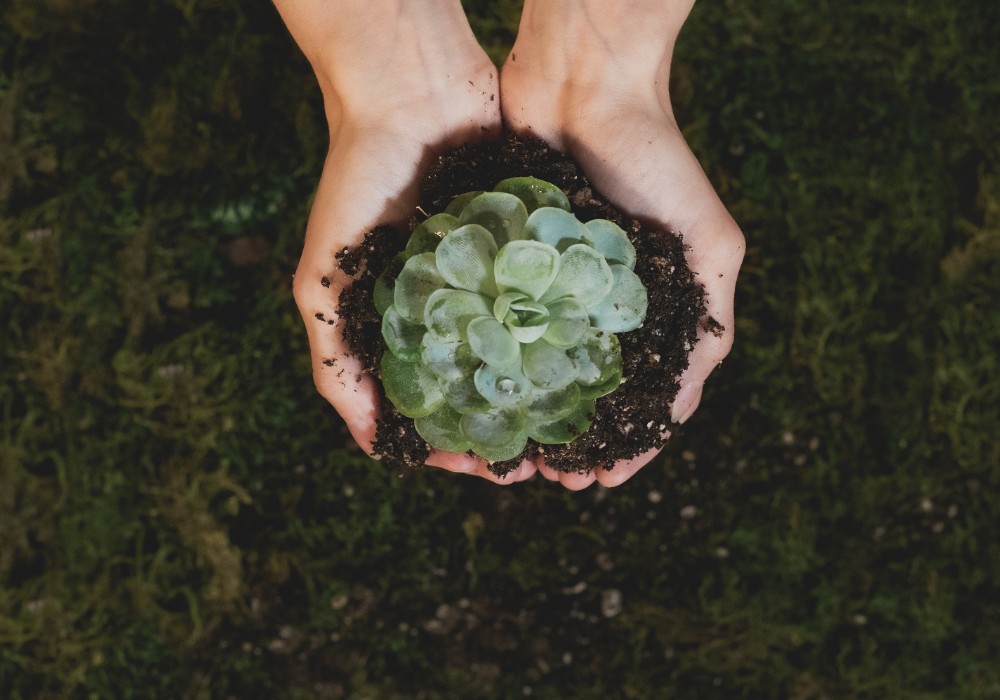
Sustainable living shouldn’t feel like an endless list of rules designed to make you feel guilty. Forget the all-or-nothing mindset—small, smart changes are what actually make a difference. Trying to be perfect is a fast track to burnout and frustration, and no one needs more of that. The real impact comes from tackling those sneaky, everyday habits that quietly harm the planet way more than you think.
You don’t need to churn your own butter or turn your backyard into a microfarm to do your part. Start by fixing a few simple mistakes, and you’ll be surprised at how much lighter, cheaper, and more satisfying your life feels. Tiny tweaks can add up to massive results, and you might even inspire the people around you without even trying. It’s all about progress, not perfection, and that’s a goal anyone can get behind.
1. That trash can feast of food scraps is killing the climate.
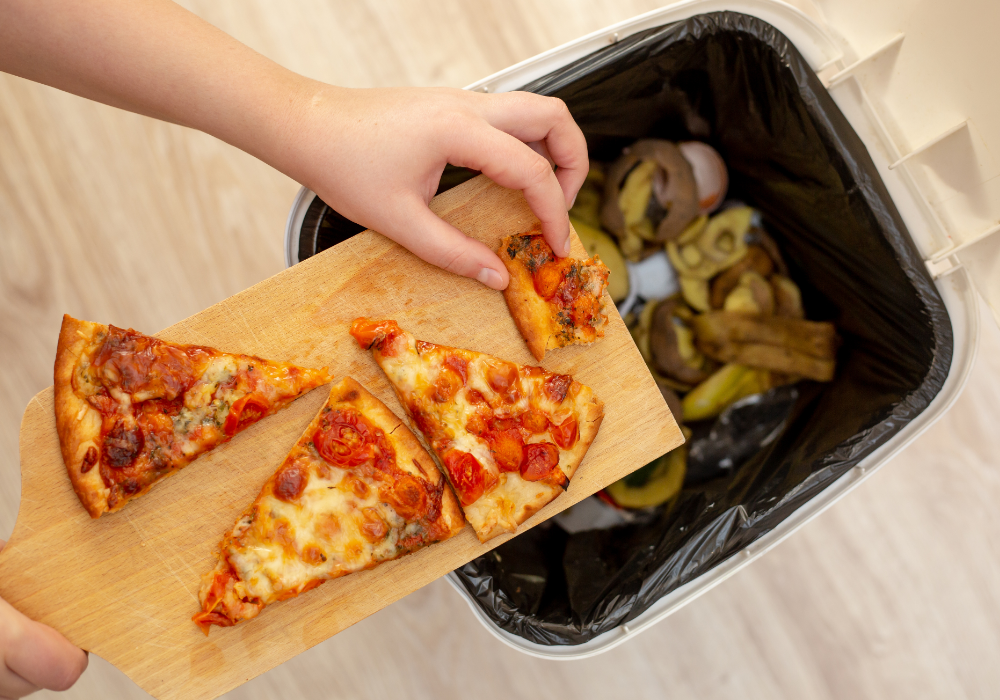
Scraping dinner leftovers straight into the garbage? You’re basically sending a VIP invitation to methane emissions. Food waste in landfills doesn’t just rot—it releases methane, a greenhouse gas far more potent than CO₂. It’s like throwing a mini climate bomb in the trash every night without even realizing it.
Instead, give composting a chance. Even if you’re in a small apartment, countertop bins and local drop-off programs make it super easy. You’ll waste less food overall and turn scraps into something useful, like rich soil for gardens.
Once you start, you’ll be shocked at how much of your “trash” didn’t need to go to the landfill at all. Composting feels like a quiet rebellion against waste—and it’s weirdly satisfying.
2. Your plugged-in gadgets are silent energy vampires.
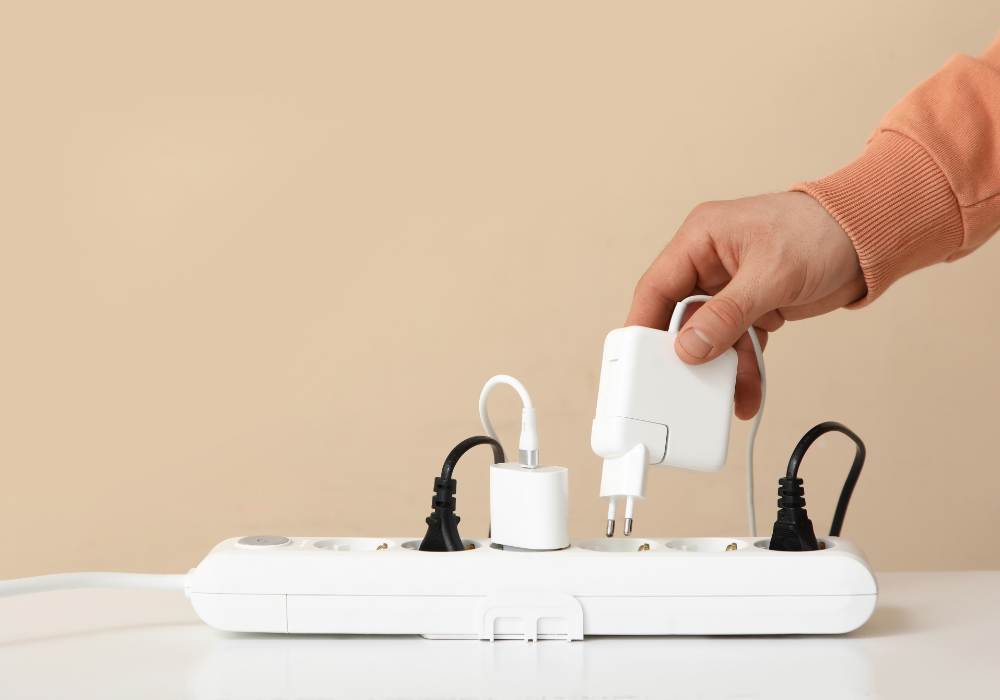
Think your electronics are off when they’re not in use? Think again. Devices left plugged in keep sipping power even when they’re asleep—hence the name “phantom energy.” This sneaky drain adds up fast, inflating your electricity bill and your carbon footprint without you noticing.
The fix is almost too easy: unplug devices or use a power strip you can switch off all at once. You’ll see instant savings on your bill and know you’re not feeding energy to devices that aren’t even doing anything. It’s one of those small victories that feels surprisingly good every time you flip that switch. You’re not just cutting waste—you’re reclaiming control over your home’s energy flow.
3. Fast fashion traps you in a guilt-ridden style cycle.

Those bargain rack steals feel great in the moment—until they start unraveling after two washes. Fast fashion churns out cheap trends using water-intensive, polluting processes and underpaid labor. Most of those impulse buys end up in landfills within months, fueling a global waste nightmare that’s easy to ignore until it’s too late.
Invest in timeless, high-quality pieces or check out secondhand shops. You’ll build a wardrobe you actually love and save money in the long run since these clothes last way longer. Plus, there’s a special kind of pride that comes from wearing something you know wasn’t made at the expense of workers or the planet. Choose quality, and every outfit feels like a mini stand against waste.
4. Meat-heavy meals crank up your carbon footprint.

The biggest hidden emissions source might be sitting right on your plate. Beef, pork, and dairy are major climate offenders, using up huge resources and emitting tons of greenhouse gases. If you’re eating meat daily without thinking twice, your environmental impact is probably way higher than you realize—even if you drive a hybrid and recycle religiously.
Cutting down on meat doesn’t mean surviving on sad salads. Start with a few plant-based meals each week—tacos with black beans, hearty veggie stir-fries, or a creamy lentil curry. You’ll discover new favorites and feel good knowing you’re shrinking your footprint with every bite. It’s one of the most powerful swaps you can make without sacrificing taste or satisfaction. Your body and the planet will both thank you.
5. Single-use plastics quietly sabotage your good intentions.
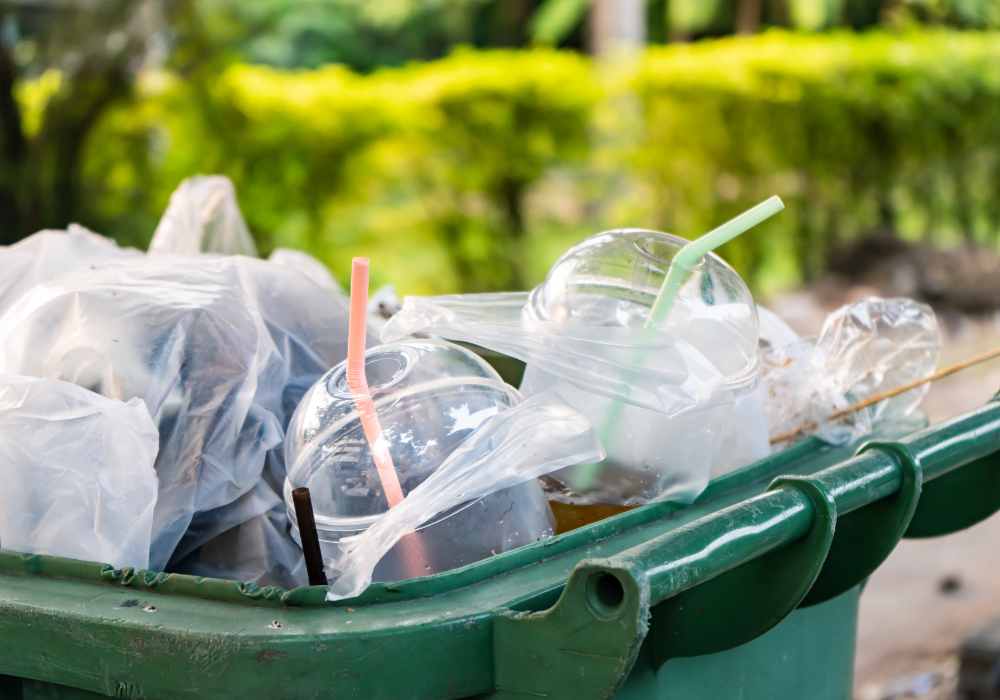
Plastic water bottles, takeout forks, and grocery bags are the ultimate undercover polluters. Each “just this once” moment adds to the mountains of plastic clogging oceans and scattering across beaches worldwide. They break down into microplastics that slip into drinking water, seafood, and even the air you breathe.
Stock up on a few reusable basics: a sturdy water bottle, a set of cutlery, and some cloth shopping bags. They’re easy to stash in your bag or car, so you’re never caught off guard. Pretty soon, you’ll feel gross even looking at single-use plastics. By making this one switch, you’ll slash your waste and set a subtle example that might just inspire everyone around you to follow suit.
6. Short car trips ruin the planet and your peace of mind.

Jumping in the car for that three-block coffee run might feel efficient, but those quick trips pile up big emissions fast. Cars spew carbon dioxide and other pollutants even on the shortest errands. Meanwhile, you miss out on fresh air and a chance to move your body.
Swapping the car for a walk or bike ride transforms your routine. You’ll likely arrive feeling more energized (and maybe less grumpy). Plus, seeing your neighborhood on foot helps you discover hidden gems you’d otherwise speed past. Start small: swap just one or two car trips a week. Soon, you’ll crave the mental break and movement as much as the coffee itself. It’s a habit that’s good for the planet, your wallet, and your mood—total win.
7. Wasteful water habits quietly drain precious resources.
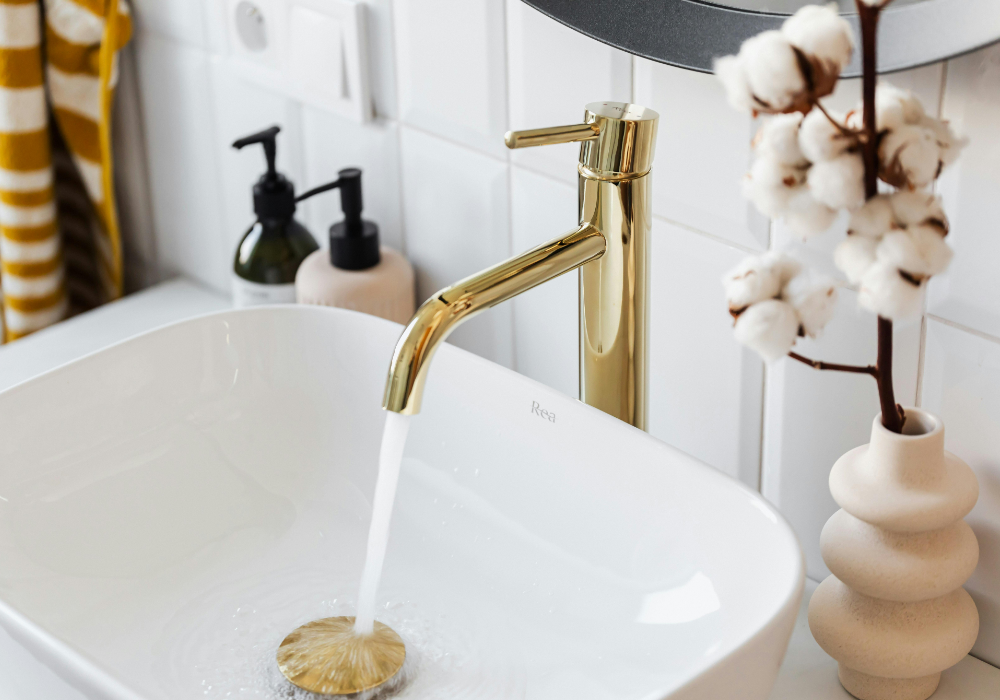
Leaving the faucet running or indulging in marathon showers might seem harmless, but water is a limited resource we often take for granted. Many areas already face droughts or water restrictions, and every gallon you waste puts extra pressure on treatment plants and ecosystems.
The easiest fixes? Turn off the tap while brushing, aim for shorter showers, and fix leaks ASAP. Installing low-flow showerheads or faucet aerators makes a surprising difference without cramping your style.
Once you become mindful of your water use, you’ll realize how often waste sneaks into daily life. Saving water doesn’t mean sacrificing comfort—it just means thinking twice before letting it pour down the drain for no reason. Your local waterways (and future self) will thank you.
8. Tossed electronics poison the planet long after pickup day.
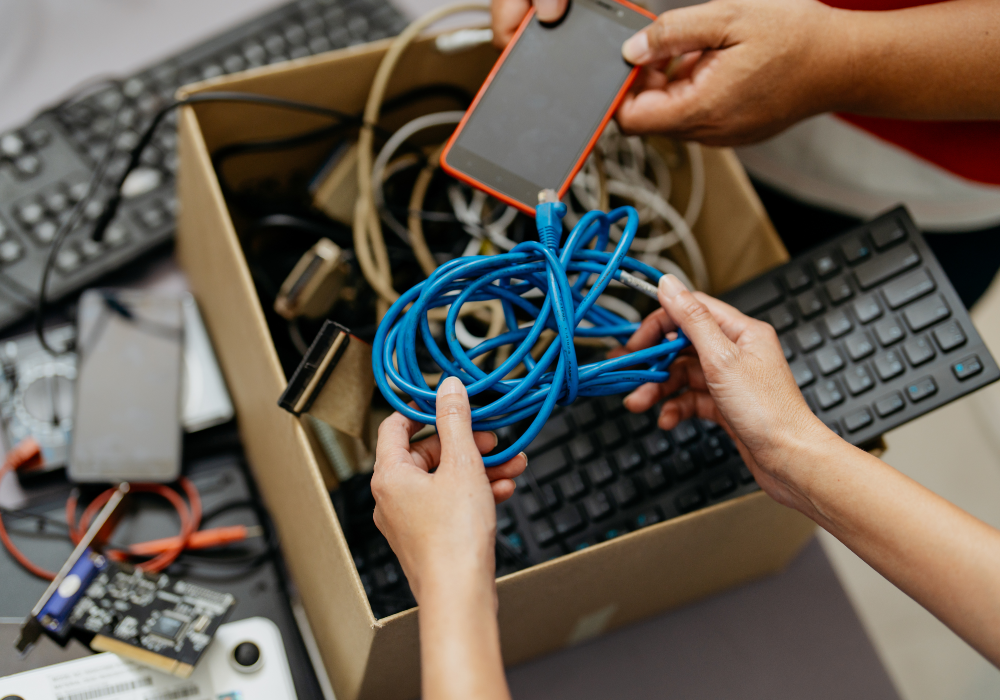
That ancient phone or dusty tangle of chargers might seem worthless, but tossing them in the trash is a major environmental mistake. Electronics leak toxic metals and chemicals into landfills, polluting soil and groundwater for decades to come. E-waste is one of the fastest-growing waste streams on Earth—and it’s only getting worse.
Instead of trashing gadgets, look for city recycling days, drop-off points, or trade-in programs at electronics stores. Many places will safely dismantle devices, recovering valuable materials and preventing contamination. Holding onto tech until it’s truly dead, then disposing of it properly, protects ecosystems and conserves resources. It might feel like a hassle at first, but once you make it a habit, you’ll never casually chuck an old cable in the bin again.
9. Harsh chemical cleaners attack more than just germs.
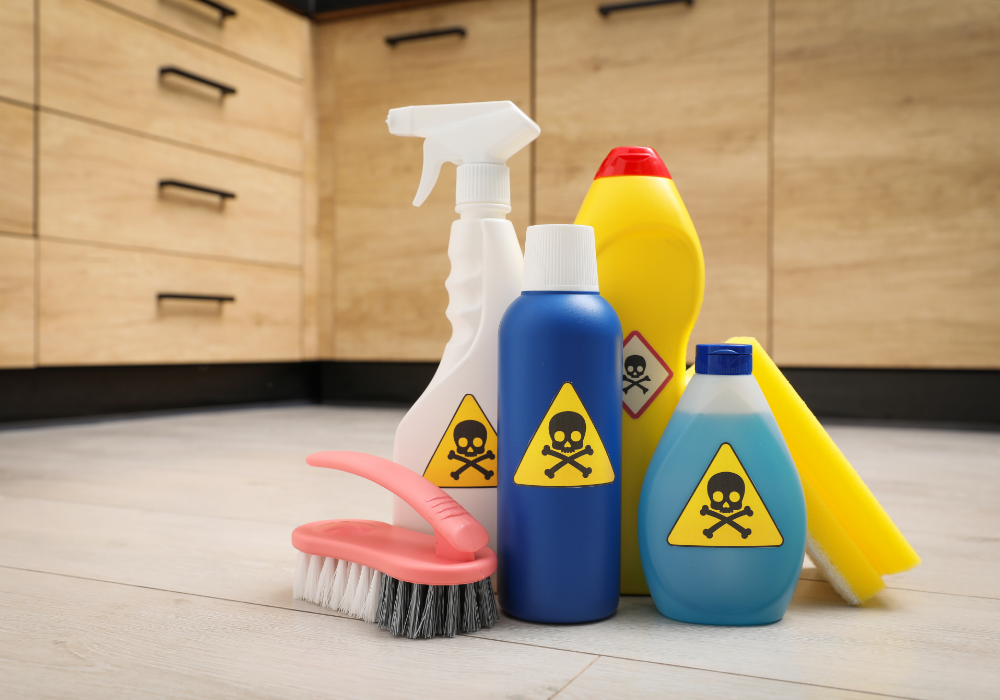
Those bright-colored bottles promising “maximum strength” and “deep clean” usually contain a toxic cocktail of chemicals that harm indoor air quality and local waterways. Over time, repeated exposure can irritate your skin, trigger allergies, and cause bigger health issues for both humans and pets.
Natural swaps like vinegar, baking soda, or eco-certified products work surprisingly well—without the scary warnings on the label. You’ll save money, reduce plastic waste, and make your home safer for everyone inside. Once you switch, you’ll notice the air feels fresher, and you won’t miss those artificial “lemon” scents. Cleaning can feel empowering instead of nerve-wracking when you know you’re not spreading harmful residues around your space. Less poison, more peace of mind—that’s a trade worth making.
10. The “just replace it” mindset keeps landfills overflowing.
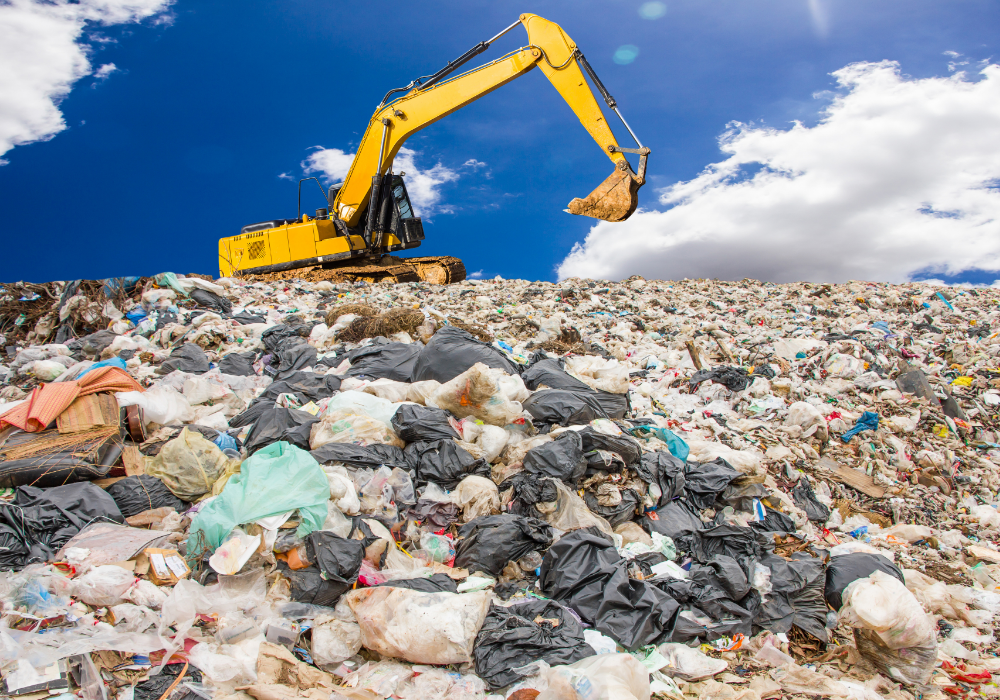
When something breaks, the first reaction is often to toss it and buy new. But every tossed item adds to landfill mountains and fuels endless resource extraction. Clothes with holes, wobbly chairs, or electronics with tiny issues often have a lot of life left with a simple fix.
Learning basic repairs or visiting local fix-it cafes turns this mindset on its head. You’ll save money, keep cherished items alive, and develop a sense of pride in caring for what you own. Plus, repaired items often last longer because you become more invested in them.
Saying goodbye to “throwaway culture” doesn’t just lighten your environmental impact—it builds a new appreciation for the stuff you already have. One small repair at a time, you’ll help shift the world toward a more thoughtful, less wasteful future.
